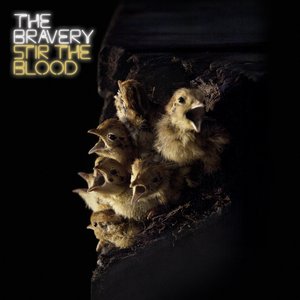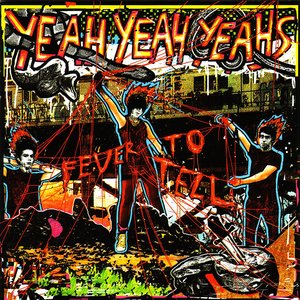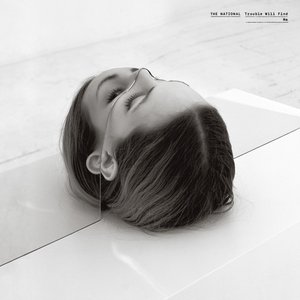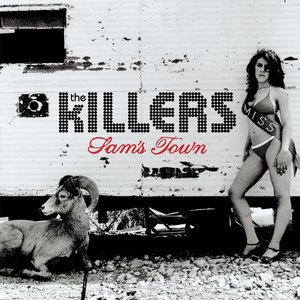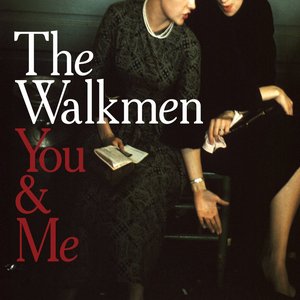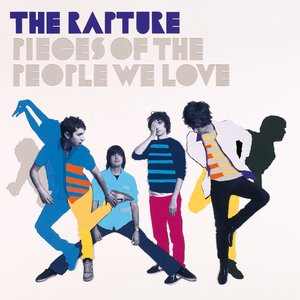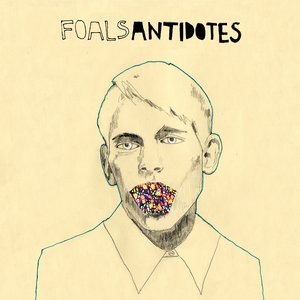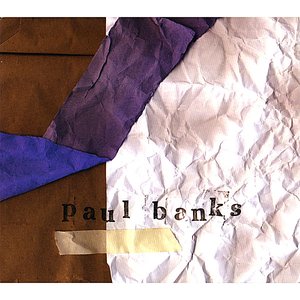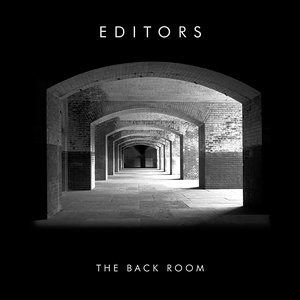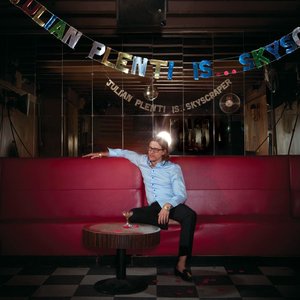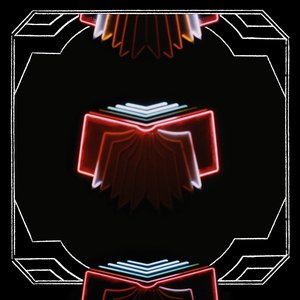Wiki
-
Release Date
3 September 2010
-
Length
10 tracks
Interpol is the fourth studio album by the American rock band Interpol, released on September 7, 2010, through Matador Records. The self-produced album was recorded at Electric Lady Studios in Greenwich Village. Bassist Carlos Dengler left shortly after the album's completion.
Interpol was released to lukewarm critical reception, with some critics negatively comparing it to their prior albums. In a 2018 interview with Vice, lead singer Paul Banks claimed that tensions within the band, particularly regarding Dengler's departure, made the album "hard and unpleasant to make" and that "we suffered for this record a lot". However, despite its rocky production, the group was ultimately happy with the album. Banks claimed that "what ultimately wound up on that record is some of our best stuff", specifically citing "Lights" and "The Undoing" as two of the band's best songs yet.
The lead single "Barricade" was released on August 3, 2010, followed by "Summer Well" on December 6; "Lights" on February 8, 2011; and "Try It On" on April 16, 2011.
After Interpol's contract with Matador expired in 2006, the band signed on with Capitol Records. According to drummer Sam Fogarino, the group chose to go with a major label because they liked the staff at Capitol and hoped to get more exposure. The band was initially happy with the decision, but the label was sold shortly after they began recording their new album and the staff they were working with was fired. This, coupled with the confusion of ever-changing staff and the exhaustive months that were spent meticulously recording the album, the group decided to amicably terminate their two-album deal and return to Matador after one record. Recording on Interpol started at Electric Lady Studios in the early spring of 2009. The band announced they were writing new songs in March of that year. Interpol was produced by the band, engineered by Greg Calbi and Claudius Mittendorfer, and mixed by Alan Moulder. Rapper Azealia Banks guested on backing vocals on "Memory Serves". Paul Banks told Vice that they chose to self-title the album because "there’s something laid bare about it, like, 'This is us and this is who we are.' I was never aware that there was a precedent that debut records were supposed to be self-titled. I was just like, 'It feels good to make this one self-titled.'”
"Lights" was released as a free download through the band's website, originally in May 2010. The music video for "Lights" was directed by Charlie White, who had previously collaborated with the band by directing the music video for their 2004 single "Evil", off of Antics. White's video for "Evil" was a hit, lauded by fans for its bizarre imagery of a puppet dealing with a car accident. White contacted the band, claiming that he wanted to do a more abstract take for the video for "Lights" to mimic the band's signature surreal and vague lyrics. White's video for "Lights" depicted a sexualized and morbid interpretation of a pheromone harvesting ritual inside of a three-horned rhinoceros beetle. In the video, two women in latex costumes use needles and a large black monolith, which presumably represents an enzyme, to extract white pheromones from a third woman, who presumably represents a substrate. Banks claimed that the group was very happy with the video, saying that they "wanted a striking film clip above all else for 'Lights' - and that it be strange." The band formally released the music video in June 2010 on their website and mailing list, writing: "We'd like to share with you our clip for 'Lights' directed by Mr. Charlie White. Before this clip is available anywhere else, we're posting it here as an HD download, free for you. We're amazed by it, and think you'll enjoy seeing it as the director intended it to be seen - in high quality. It takes a couple minutes to download, but trust us, it is worth it."
In 2019, Fogarino recalled that returning to Matador was difficult at first. He said: "They were hurt. They said, straight up, 'Aside from business, it hurt our feelings that you left us… for Capitol?' And they used to have a relationship with them years ago. So, it took a minute to get everything back in line, but after that… there was never a need to leave this label again." Fogarino went on to say: "It’s where we come from. It’s a great label and a great place to be. To compare the two operations, Matador’s office is open. I can walk in anytime, and talk to anybody about anything. I only went to Capitol twice and had to make an appointment, wait in a waiting room, and be called upon with a limited amount of time." Fogarino further said: "I can simply just walk into the office and take a break from life and go hang out in the conference room and have a cup of coffee or a beer and hang out with the people there because they're music fans."
Album descriptions on Last.fm are editable by everyone. Feel free to contribute!
All user-contributed text on this page is available under the Creative Commons Attribution-ShareAlike License; additional terms may apply.

